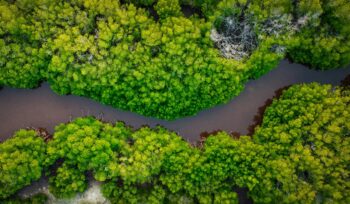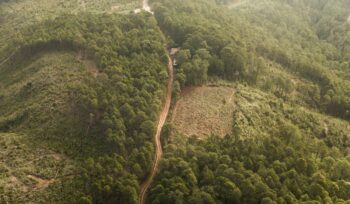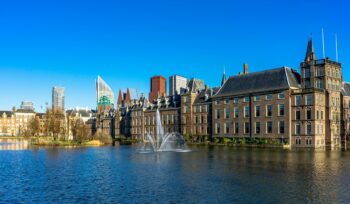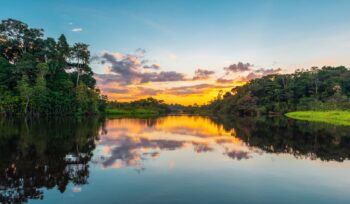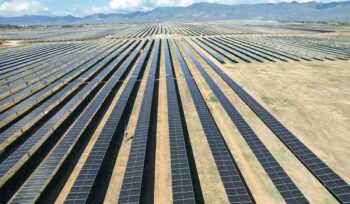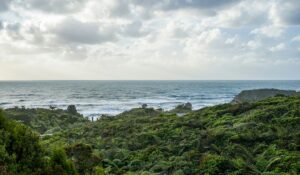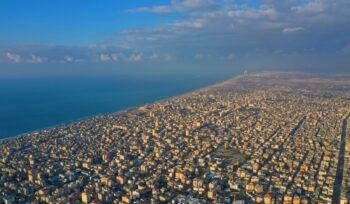We are building the world’s largest database of social change milestones, from the first fire to today’s good news. Change is not only possible, it has happened consistently throughout human history.
Filter by era, country, topic, actor, source, and more.
4755
change milestones archived
Filters
Search
Era
- Tomorrow (2025 C.E. - ???)
- Today (2017 C.E. - 2024 C.E.)
- Post-modernity (1945 - 2016 C.E.)
- Modernity (1500 - 1945 C.E.)
- Post-classical (500 - 1500 C.E.)
- Civilization (3000 B.C.E. - 500 C.E.)
- Agriculture (10000 - 3000 B.C.E.)
- Prehistory (250000 - 10000 B.C.E.)
Years
Topic
Country
Actor
Filters
Search
Era
- Tomorrow (2025 C.E. - ???)
- Today (2017 C.E. - 2024 C.E.)
- Post-modernity (1945 - 2016 C.E.)
- Modernity (1500 - 1945 C.E.)
- Post-classical (500 - 1500 C.E.)
- Civilization (3000 B.C.E. - 500 C.E.)
- Agriculture (10000 - 3000 B.C.E.)
- Prehistory (250000 - 10000 B.C.E.)
Year
Topics
Region
Countries
State/Province
Institution
Sources
-
2024 C.E. September 16
Brazil rooting out last of gold miners on Yanomami lands
In a rush for gold, illicit miners had contaminated rivers with mercury and other toxic chemicals and with human waste, resulting in a wave of disease among the Yanomami that led to food shortages and malnutrition. In February of 2023, Brazil launched a campaign to “completely eradicate illegal mining” from the territory, which spans an area roughly the size of Portugal. More than a year later, officials say they have destroyed 42 airstrips, 18 aircraft, and 45 barges used by miners, and have seized 24,000 gallons of diesel fuel. They are now close to expelling the last of the miners, Reuters reports.
-
2024 C.E. September 13
Honduras launches plan to eliminate deforestation by 2029
Honduras this year launched a plan to eliminate deforestation by 2029, with a special focus on recovering land used by criminal groups for timber trafficking. The plan aims to evict groups living and working in protected areas and to “neutralize and establish control” of roads where timber is trafficked. Officials have already carried out hundreds of operations and arrested dozens of people tied to organized crime.
-
2024 C.E. September 13
The Hague becomes world’s first city to pass law banning fossil fuel-related ads
New legislation in the Dutch city spells the end of publicly and privately funded advertising for petrol and diesel, aviation and cruise ships in city streets, including on billboards and bus shelters. It takes effect from the start of next year. It is the first time a city has banned high-carbon advertising through local legislation. The decision follows a call by the U.N. chief, António Guterres, earlier this year for governments and media to enact such bans, as they have done with tobacco.
-
2024 C.E. September 12
Malaysian court shuts down hydroelectric dam project on Indigenous land
A Malaysian court ruled this week that hydropower companies building a dam on land belonging to the Indigenous Semai people of Malaysia’s Perak state had failed to secure proper consent and must halt operations immediately. The court also ruled that the state and federal governments, and the federal agency tasked with overseeing Indigenous affairs, had failed in their duty to protect Indigenous land from encroachment. Activists expressed relief and elation at the verdict, which marks a major milestone for land rights for Malaysia’s Indigenous peoples, known collectively as Orang Asal. The verdict can still be appealed.
-
2024 C.E. September 11
Women and transgender people in Pakistan get a ride-sharing service for protection
In an effort to increase protection for trans people, a Pakistani business has launched a ride-share service that will be available only to women and trans people. Called SheDrives, the service was launched last weekend and seeks to protect trans people from discrimination and harassment, says Ammaz Farooqi, the company’s chief executive. It currently operates only in the second-largest city of Lahore, but Farooqi said that expansion is possible.
-
2024 C.E. September 11
Qatar and Saudi Arabia announce four mammoth new solar projects totaling 7.5GW
Four massive new solar projects are under development in the Middle East, with a 2GW solar project proposed for Qatar, and three projects worth a cumulative 5.5GW securing financing in Saudi Arabia. State-owned petroleum company QatarEnergy will build a 2GW solar power plant, doubling the country’s total solar capacity in one fell swoop. Saudi Arabian energy giant ACWA Power has also announced that it has secured financing for three large-scale solar PV projects worth a total of $5.5 billion USD.
-
2024 C.E. September 9
In a first, the Brazilian city of Linhares grants legal rights to waves
The city of Linhares, Brazil, has granted legal rights to the waves at the mouth of the Doce River, the first instance in which a government has conferred rights upon part of the ocean. The city is aiming to better protect its coastal waters in the wake of the 2015 collapse of the Fundão dam. The dam held back more than 10 billion gallons of waste at an iron mine upstream, and when it failed, a wave of sludge poured into the Doce River.
-
2024 C.E. September 6
More than 350,000 Gazan children vaccinated against polio
Thousands of families visited health centers to get doses from U.N. medical teams, UNRWA reported. In southern Gaza, more than 152,000 children were vaccinated in Khan Younis city, nearly 8,800 in Rafah, and another 1,000 elsewhere in the south. The promising development follows the successful completion of the first phase of the vaccination campaign in central Gaza earlier this week, which saw more than 187,000 children under 10 receive protection from polio. To date, combined coverage for central and southern Gaza now stands at 354,786 children.
-
2024 C.E. September 6
Record number of Indigenous land titles granted in Peru via innovative process
In a defining moment for the rights of Indigenous peoples in Peru, 37 land titles were secured in the Amazon in record time, from June 2023 to May 2024. This is not only a remarkable land rights victory for the region, but it also marks a significant step towards addressing climate change, reclaiming Indigenous peoples’ sovereignty and rights, and defending territories against external threats. Land titles have proven to be the most effective way to protect Indigenous peoples’ land from deforestation, with titled land experiencing a 66% decrease in deforestation.
-
2024 C.E. September 5
Maldives drops plan to reopen longline tuna fishing following protests
Longline fishing for tuna will remain closed in the Maldives, the island country’s president announced on Aug. 29. The decision came after local fishers, conservation NGOs and scientists protested against plans by the administration of President Mohamed Muizzu to reopen longline fisheries for yellowfin tuna and bigeye tuna. Longline fishing has been banned in the Maldives since 2019.
-
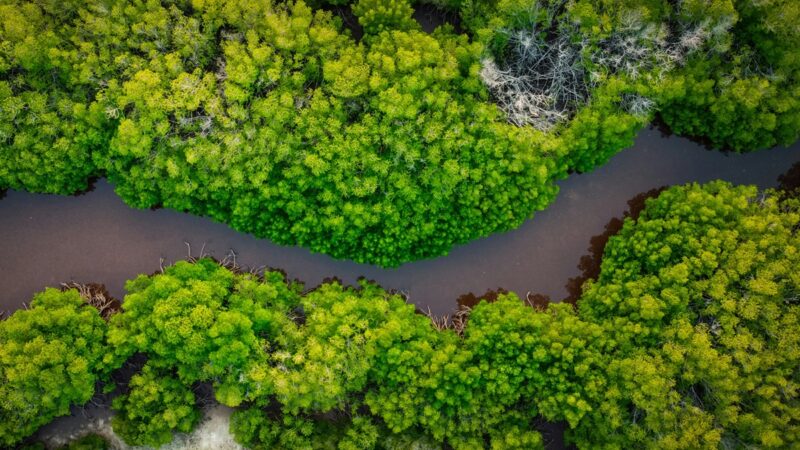 2024 C.E. September 16
2024 C.E. September 16Brazil rooting out last of gold miners on Yanomami lands
In a rush for gold, illicit miners had contaminated rivers with mercury and other toxic chemicals and with human waste, resulting in a wave of disease among the Yanomami that led to food shortages and malnutrition. In February of 2023, Brazil launched a campaign to “completely eradicate illegal mining” from the territory, which spans an area roughly the size of Portugal. More than a year later, officials say they have destroyed 42 airstrips, 18 aircraft, and 45 barges used by miners, and have seized 24,000 gallons of diesel fuel. They are now close to expelling the last of the miners, Reuters reports.
-
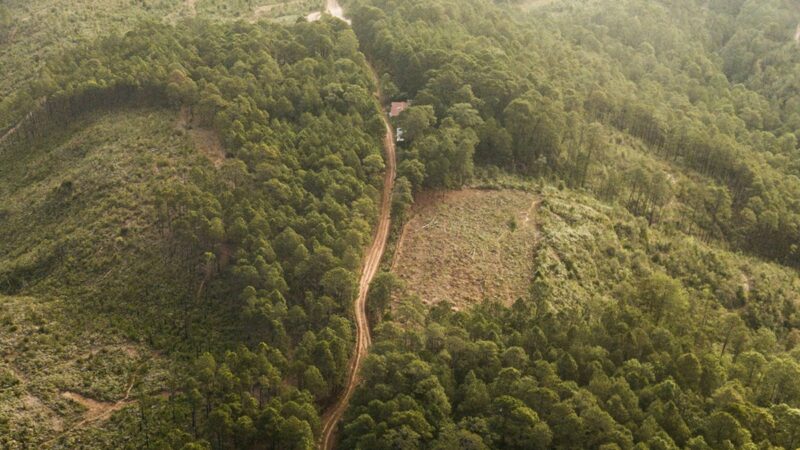 2024 C.E. September 13
2024 C.E. September 13Honduras launches plan to eliminate deforestation by 2029
Honduras this year launched a plan to eliminate deforestation by 2029, with a special focus on recovering land used by criminal groups for timber trafficking. The plan aims to evict groups living and working in protected areas and to “neutralize and establish control” of roads where timber is trafficked. Officials have already carried out hundreds of operations and arrested dozens of people tied to organized crime.
-
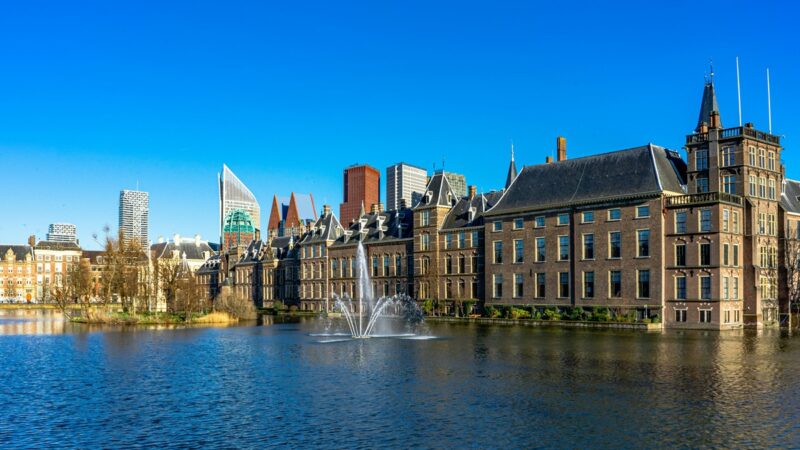 2024 C.E. September 13
2024 C.E. September 13The Hague becomes world’s first city to pass law banning fossil fuel-related ads
New legislation in the Dutch city spells the end of publicly and privately funded advertising for petrol and diesel, aviation and cruise ships in city streets, including on billboards and bus shelters. It takes effect from the start of next year. It is the first time a city has banned high-carbon advertising through local legislation. The decision follows a call by the U.N. chief, António Guterres, earlier this year for governments and media to enact such bans, as they have done with tobacco.
-
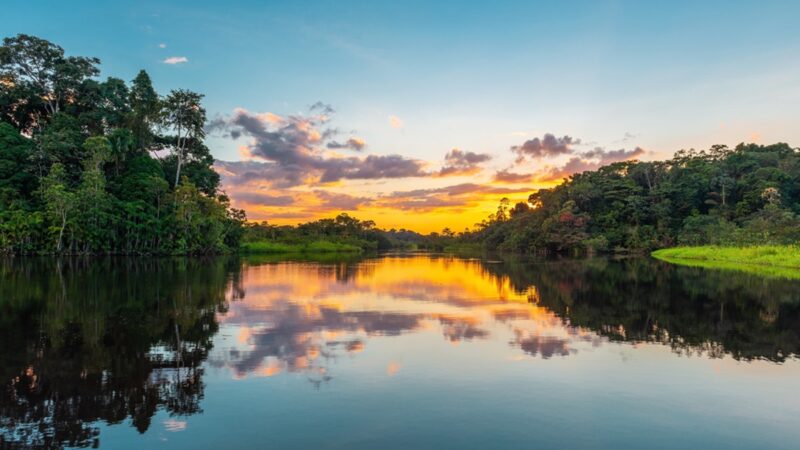 2024 C.E. September 12
2024 C.E. September 12Malaysian court shuts down hydroelectric dam project on Indigenous land
A Malaysian court ruled this week that hydropower companies building a dam on land belonging to the Indigenous Semai people of Malaysia’s Perak state had failed to secure proper consent and must halt operations immediately. The court also ruled that the state and federal governments, and the federal agency tasked with overseeing Indigenous affairs, had failed in their duty to protect Indigenous land from encroachment. Activists expressed relief and elation at the verdict, which marks a major milestone for land rights for Malaysia’s Indigenous peoples, known collectively as Orang Asal. The verdict can still be appealed.
-
 2024 C.E. September 11
2024 C.E. September 11Women and transgender people in Pakistan get a ride-sharing service for protection
In an effort to increase protection for trans people, a Pakistani business has launched a ride-share service that will be available only to women and trans people. Called SheDrives, the service was launched last weekend and seeks to protect trans people from discrimination and harassment, says Ammaz Farooqi, the company’s chief executive. It currently operates only in the second-largest city of Lahore, but Farooqi said that expansion is possible.
-
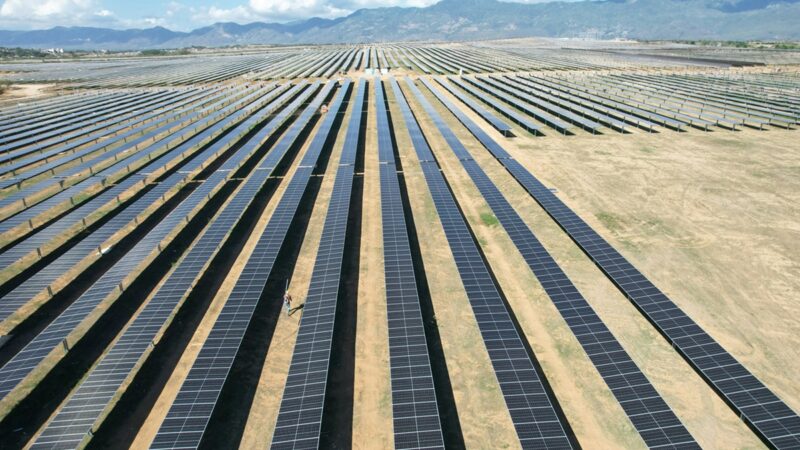 2024 C.E. September 11
2024 C.E. September 11Qatar and Saudi Arabia announce four mammoth new solar projects totaling 7.5GW
Four massive new solar projects are under development in the Middle East, with a 2GW solar project proposed for Qatar, and three projects worth a cumulative 5.5GW securing financing in Saudi Arabia. State-owned petroleum company QatarEnergy will build a 2GW solar power plant, doubling the country’s total solar capacity in one fell swoop. Saudi Arabian energy giant ACWA Power has also announced that it has secured financing for three large-scale solar PV projects worth a total of $5.5 billion USD.
-
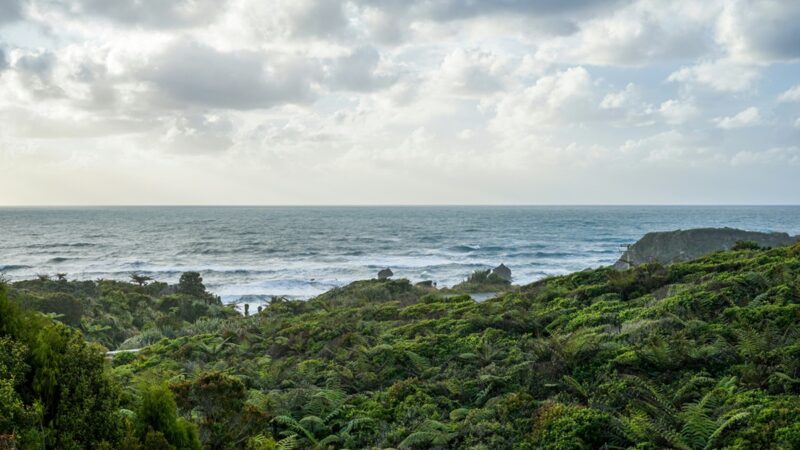 2024 C.E. September 9
2024 C.E. September 9In a first, the Brazilian city of Linhares grants legal rights to waves
The city of Linhares, Brazil, has granted legal rights to the waves at the mouth of the Doce River, the first instance in which a government has conferred rights upon part of the ocean. The city is aiming to better protect its coastal waters in the wake of the 2015 collapse of the Fundão dam. The dam held back more than 10 billion gallons of waste at an iron mine upstream, and when it failed, a wave of sludge poured into the Doce River.
-
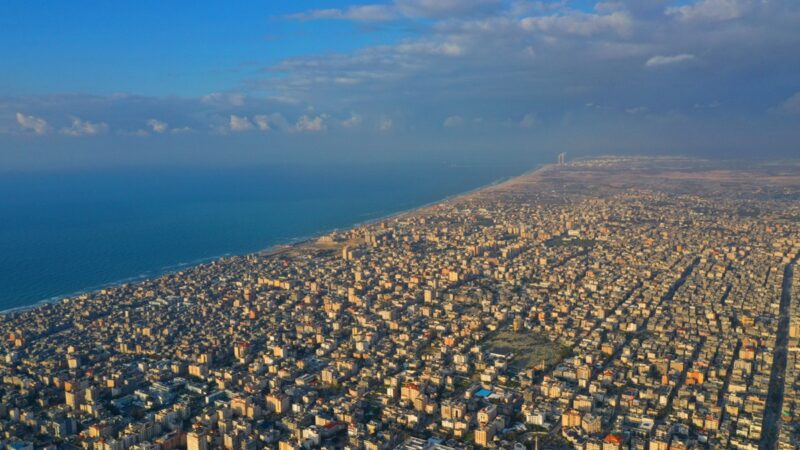 2024 C.E. September 6
2024 C.E. September 6More than 350,000 Gazan children vaccinated against polio
Thousands of families visited health centers to get doses from U.N. medical teams, UNRWA reported. In southern Gaza, more than 152,000 children were vaccinated in Khan Younis city, nearly 8,800 in Rafah, and another 1,000 elsewhere in the south. The promising development follows the successful completion of the first phase of the vaccination campaign in central Gaza earlier this week, which saw more than 187,000 children under 10 receive protection from polio. To date, combined coverage for central and southern Gaza now stands at 354,786 children.
-
 2024 C.E. September 6
2024 C.E. September 6Record number of Indigenous land titles granted in Peru via innovative process
In a defining moment for the rights of Indigenous peoples in Peru, 37 land titles were secured in the Amazon in record time, from June 2023 to May 2024. This is not only a remarkable land rights victory for the region, but it also marks a significant step towards addressing climate change, reclaiming Indigenous peoples’ sovereignty and rights, and defending territories against external threats. Land titles have proven to be the most effective way to protect Indigenous peoples’ land from deforestation, with titled land experiencing a 66% decrease in deforestation.
-
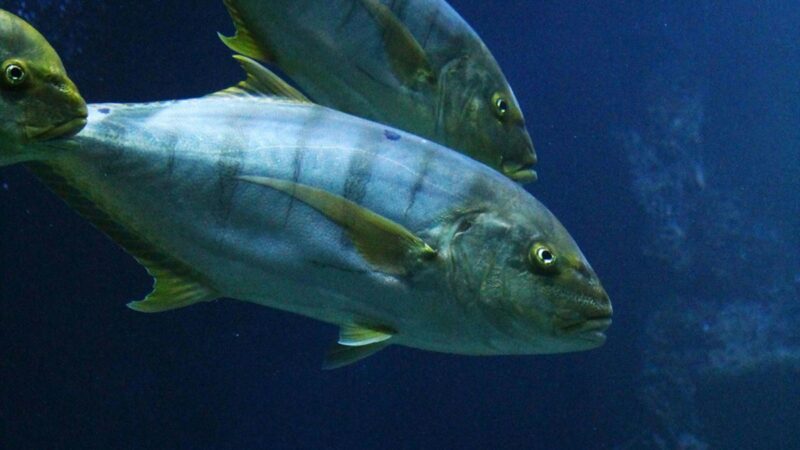 2024 C.E. September 5
2024 C.E. September 5Maldives drops plan to reopen longline tuna fishing following protests
Longline fishing for tuna will remain closed in the Maldives, the island country’s president announced on Aug. 29. The decision came after local fishers, conservation NGOs and scientists protested against plans by the administration of President Mohamed Muizzu to reopen longline fisheries for yellowfin tuna and bigeye tuna. Longline fishing has been banned in the Maldives since 2019.

